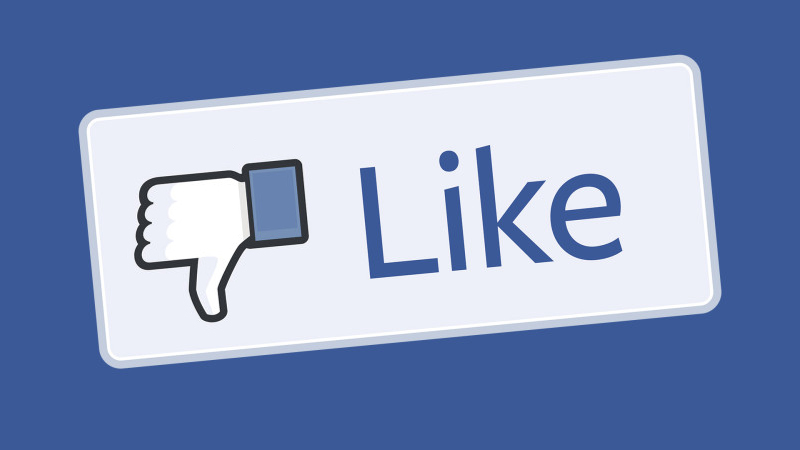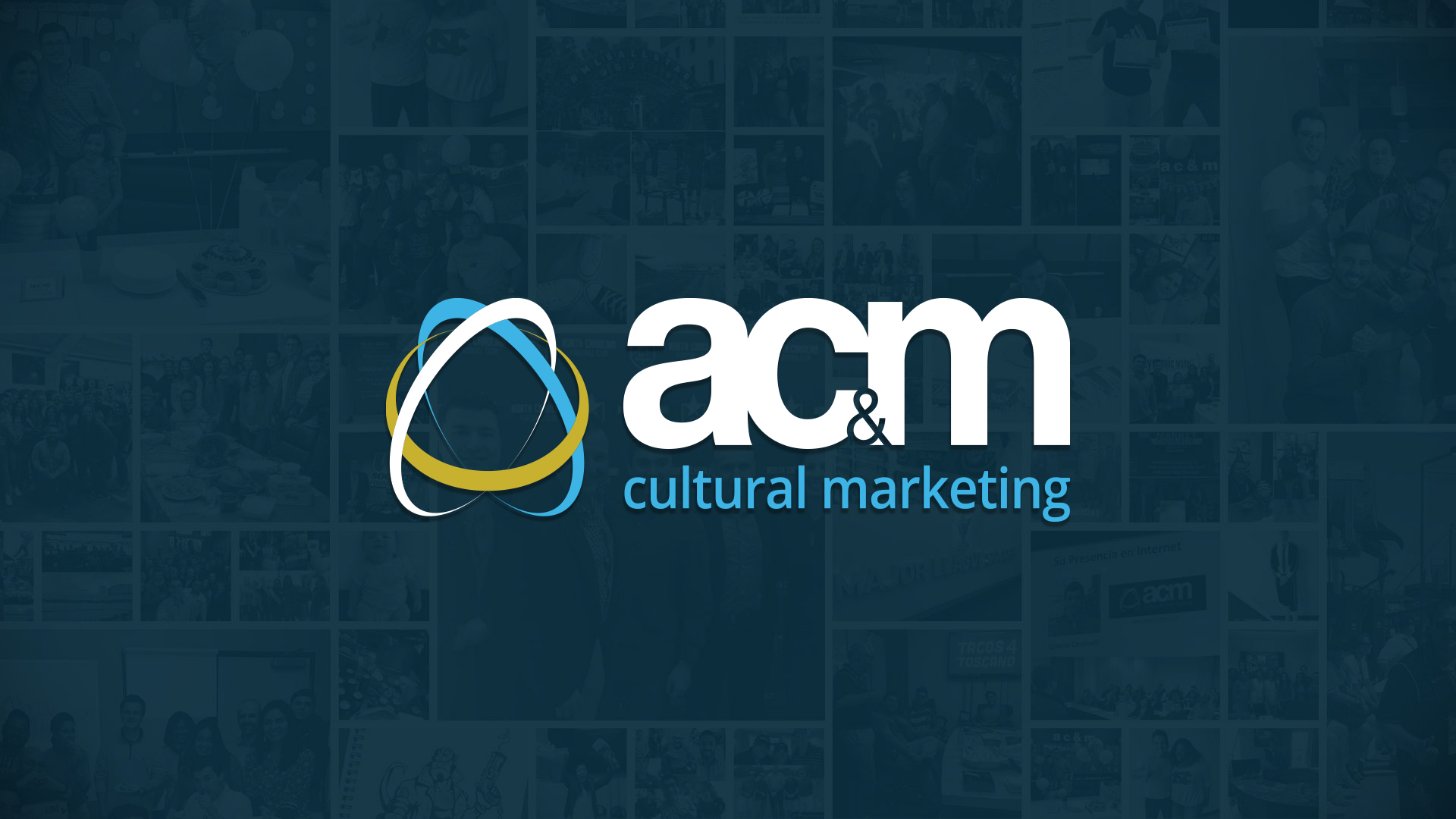
27 Mar Why your Facebook Likes are down (and why you shouldn’t worry too much about it)
At the beginning of the month, Facebook announced they would be removing deactivated accounts. Since then, you might have noticed a decrease of your total likes in your pages. Most pages saw this decrease last week, although some are still just now seeing updated numbers. Regardless of when this happened, here is why you shouldn’t worry too much about this.
First of all, consider that everybody lost likes. While some pages have been hit harder than others (we have seen up to 8% loss of likes) a decrease across the board has been well documented. Up until now we had little more than anecdotal evidence from community managers, but thanks to a report by Social Media Analytics service Quintly we now know the industry standard has been a loss of 3 to 4% of fans per page. Pages with more than a million likes averaged a 4% loss, while those under that number were closer to 3% on average.

Even more so, it’s actually a good thing! As Julian Gottke of Quintly says in the conclusion of their blog post: “Even though many fan pages lost numerous fans, Facebook’s metric update is a positive adjustment for analyzing data, as figures will be more accurate and through that more reliable in the future.” Remember that the accounts removed from your like count were deactivated, which means they were people you were never going to engage or reach in the first place. Whatever the percentage you lost was, it was a non-existent portion of your audience bringing down your performance averages, so this “purge” will result in your engagement per user ratio and reach percentage being more reliable measures of the success of your posts.
It’s also important to remember that the rules of the game changed, making page likes much less important. Before Facebook’s modification of their Newsweek where they brought down organic reach for most pages, a high like count meant you could potentially reach 10-20% of that number on a regular basis by simply knowing how to tweak your posts the right way and play to Facebook’s algorithm (based on time, recency, weight and affinity with each user). Carefully planning what, how and when you were posting meant you could “earn” your way into their Newsfeed and outperform other pages by a significant margin, we experienced that first-hand with many of our clients! Now, the platform is basically now pay-to-play for brands and businesses, regularly yielding organic reach numbers closer to 1%, up to 5% for those doing really, really well.
Let me just give you an example for you to understand what I mean. Let’s say you were reaching 3% of those who liked your page, and you had 100,000 likes. Now, imagine you lost 3% of your likes (people who were inactive to begin with, but for the sake of this exercise imagine they were potential eyeballs for your message). This leaves you with 97,000 likes, of which you should continue to reach 3% regularly if you kept doing what you were up until now. Before, you were likely to reach 3,000 people per post. Now? 2,910 per post. If you were posting about once a day, and you reach 90 less people per post, that would add up to about 2,700 loss of reach in a whole month. You could essentially make up the difference by posting just once more every month, since most pages are likely not posting as much as they could to begin with, or are not leveraging high performing yet unusual times to post to engage more fans. However, remember those users that you “lost” were never there to begin with, they were deactivated accounts that would never receive your message!
So why are some people worrying so much about Facebook’s move? For those unfamiliar to how Facebook decides to serve users content from pages they like, and how that has changed over the years, the Like count of a page was always an easy (albeit erroneous) indicator of a page’s success. It was easy for the non-social media savvy person to understand whether a page was doing well, by assuming that a million likes was automatically better than, say, 970,000 likes. But for those managing these pages day to day, we know that a much bigger page does not always equal to more reach and more engagements. Good results depend on a good posting strategy that servers users content they will enjoy, as well as the maximization of your Facebook advertising budget. A small tweak in how you bid on your boosted posts, or a small change in how you write your post copy will make more of a difference than how many likes you have when comparing pages of similar sizes.
So next time you hear somebody worrying about losing some Likes on their page, take a chance to let them know it’s OK. It was never that important to being with.


